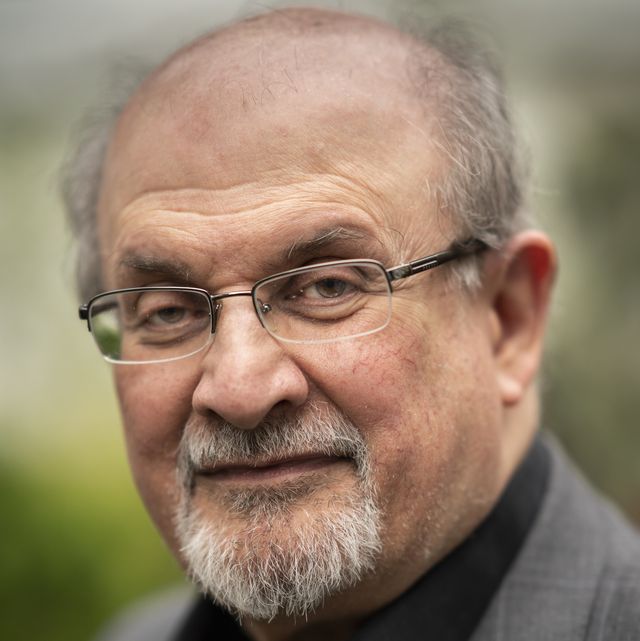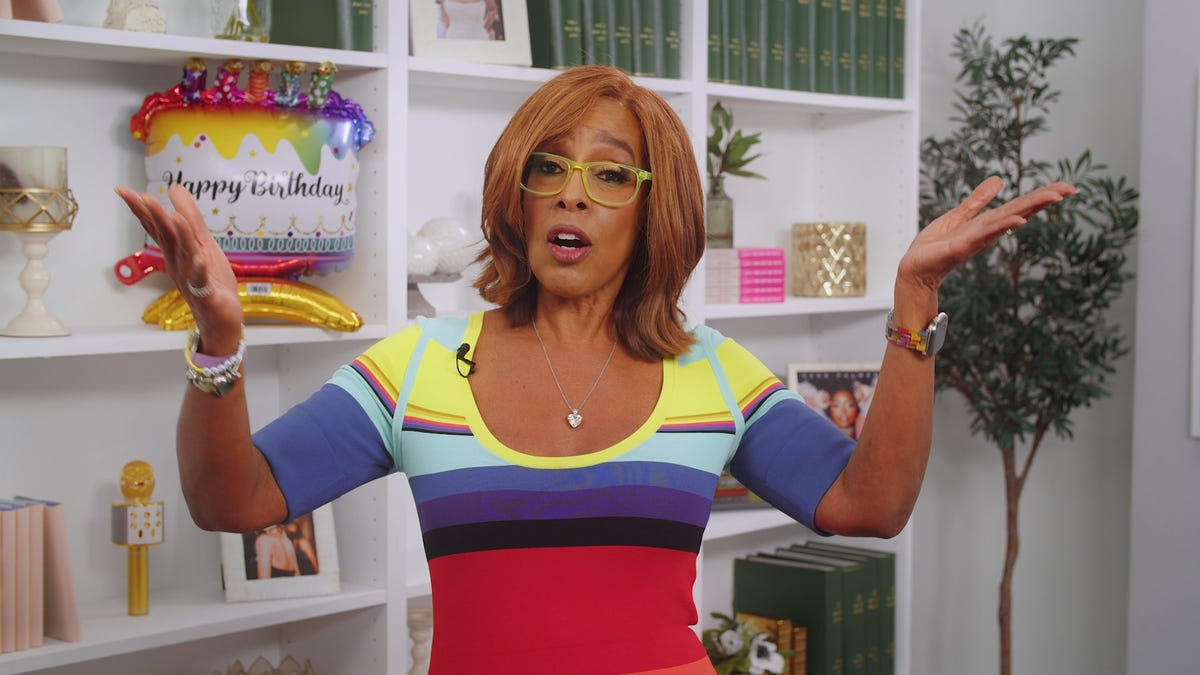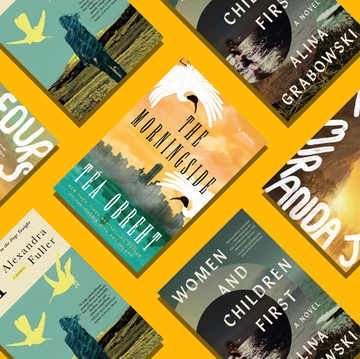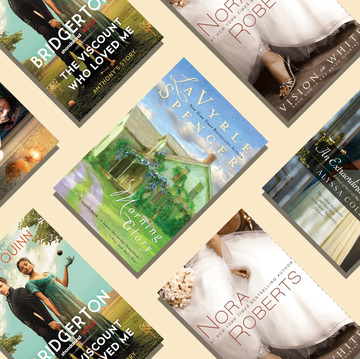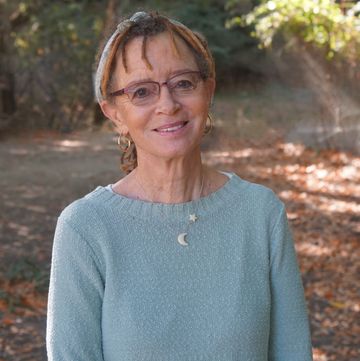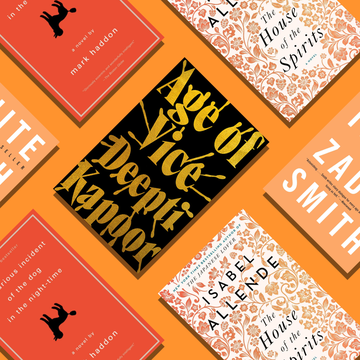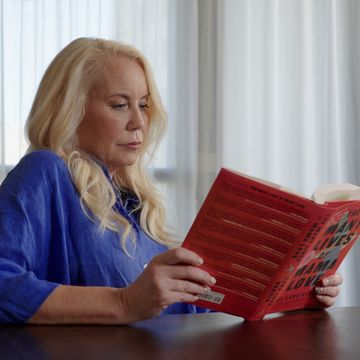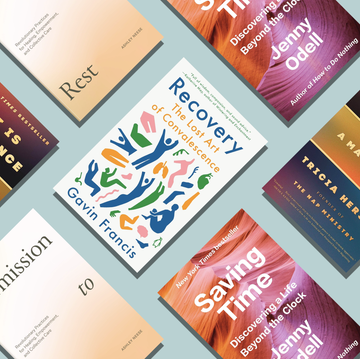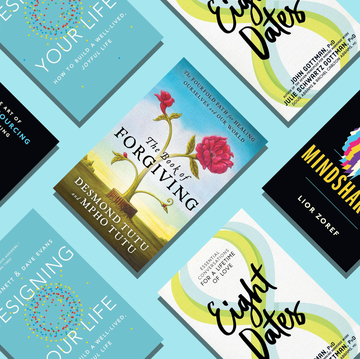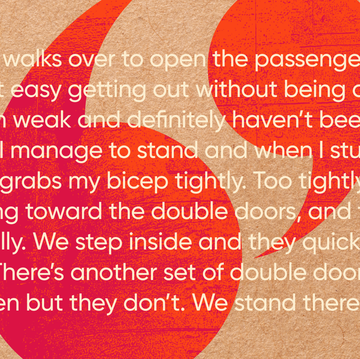Author Salman Rushdie was attacked on Friday at the Chautauqua Institution, which holds arts and literary events and lectures throughout the summer. The 75-year-old Indian-born author had taken the stage at Chautauqua in western New York where he was to be in conversation with Henry Reese on the theme of “More than Shelter,” according to the institution’s website, “for a discussion of the United States as asylum for writers and other artists in exile and as a home for freedom of creative expression,” a cause he has ardently supported over the decades.
An unidentified man rushed onto the stage and attacked Rushdie, stabbing him multiple times. Onlookers went to Rushdie’s aid, and according to the New York State Police, a trooper at the scene arrested the suspect. Reese is said to have suffered a head injury. Rushdie was airlifted to an area hospital, where he underwent surgery. His agent, Andrew Wylie, told The New York Times on Sunday, “The road to recovery has begun,” but that “it will be long; the injuries are severe, but his condition is headed in the right direction.”
One of English literature’s most daring and innovative stylists, Salman Rushdie came to prominence for his novel Midnight’s Children in 1981, a book about the partition of India, for which he won the Booker Prize that same year and subsequently won the Booker of Bookers in 1993 and 2008. In 1988 he published The Satanic Verses, a book referring to the Koranic verses and the fictionalized life of the Prophet Muhammad, which prompted outrage and protests from the Muslim community. A fatwa was issued by Ayatollah Ruhollah Khomeini, forcing Rushdie into hiding for over a decade. While on the move from safe house to safe house, he continued to publish acclaimed fiction and social commentary; his narratives brim with broken lives and fallen gods, wondrous women and malicious men, magic and heroes and the alchemy of attraction.
After the fatwa was revoked, Rushdie emerged into a public life, settling in New York City, where his support of younger writers and literary institutions became a legend in its own right. Writers from around the world have rallied around Rushdie since his attack, and President Biden condemned the stabbings as “vicious” and offered that: “Salman Rushdie—with his insight into humanity, with his unmatched sense for story, with his refusal to be intimidated or silenced—stands for universal, essential ideals.” The president added that he and the First Lady joined all those in “praying for his health and recovery.”
Leigh Haber is Vice President, Books, Oprah Daily and O Quarterly. She is also Director of Oprah's Book Club.
Wadzanai is a Books Editor at Oprah Daily where she edits and writes about authors and books. She has written for various publications including The New York Times, The Guardian, Essence Magazine among others. She is also a short story writer centering her work on women, Africa and the Diaspora.
A former book editor and the author of a memoir, This Boy's Faith, Hamilton Cain is Contributing Books Editor at Oprah Daily. As a freelance journalist, he has written for O, The Oprah Magazine, Men’s Health, The Good Men Project, and The List (Edinburgh, U.K.) and was a finalist for a National Magazine Award. He is currently a member of the National Book Critics Circle and lives with his family in Brooklyn.
